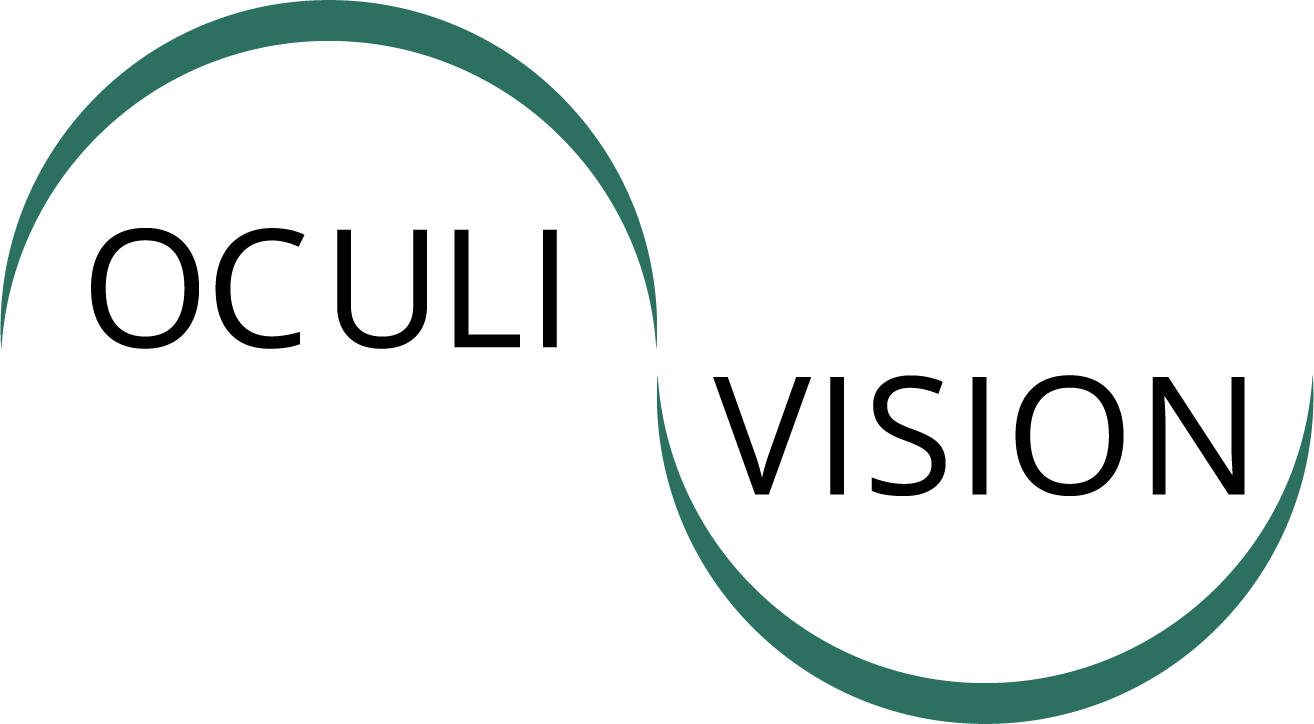Vision problems are usually only noticed when we have difficulty seeing or reading. However, some signs, such as dizziness, are a bit less obvious. Dizziness caused by vision problems is generally accompanied by blurry eyesight. You may feel unsteady and lightheaded, as if your head or body is moving even when motionless. Typically, dizziness is most noticeable when changing position or standing up abruptly, but one may also feel it while sitting or lying down. Some common causes of vision-related dizziness are described below.
Improper Contact or Eyeglass Prescription
Wearing any lens that isn’t fitted correctly can quickly lead to dizziness. If you haven’t visited your optometrist lately, your eyeglass or contact prescription may no longer be accurate. This is a common issue, and normally the first thing to check if you’re concerned about vision-related dizziness. Thankfully, an outdated prescription won’t cause permanent problems, though headaches and dizziness will likely remain until it’s corrected.
Eyestrain
Eyestrain is generally caused by excessive technology use without regular breaks. Experts recommend following the 20/20/20 rule when sitting in front of any screen for long periods of time. Give your eyes a break about every 20 minutes by looking away from the screen and focusing on an object 20 feet away for at least 20 seconds. Additionally, blue light filters and glasses tend to help with eyestrain and headaches. These tools are especially helpful if you cannot avoid using technology during the nighttime.
Traumatic Brain Injuries (TBI)
Any visual system will be negatively affected by traumatic brain injuries (TBI) such as strokes or concussions. Unfortunately, it’s fairly common to suffer from bouts of dizziness after a TBI. They can also make it difficult for you to read, write, or play board games. You may also experience problems like double vision and decreased peripheral acuity. We highly recommend scheduling an appointment with your physician or optometrist immediately following any serious head or neck injury. The earlier TBIs are diagnosed and treated, the better, as serious long-term health effects can occur if they are ignored.
When we refer to our vision, we generally only consider our ability to clearly see the world around us. However, this isn’t the whole picture. Proper vision also requires our brains to correctly interpret any signals sent from our eyes. Eyesight also assists many other important systems in our body, including our ability to think clearly, move and balance, as well as orient ourselves. When our visual system has a problem, one telltale sign is frequent bouts of dizziness. If you are experiencing constant and uncomfortable episodes of dizziness, blurriness, or headaches, consult your physician or eye care professional. Hopefully, you may simply need a new prescription, but these problems may also be symptomatic of a more serious illness.
Take care of your eyes and take note of signs like blurriness, dizziness, or frequent headaches. Your ability to maintain healthy eyesight directly impacts your quality of life and daily living activities. If you are concerned about dizziness or any other vision-related issue, we strongly encourage you to contact us. We’ll do our best to narrow down the cause of your symptoms and help correct them as soon as possible.

